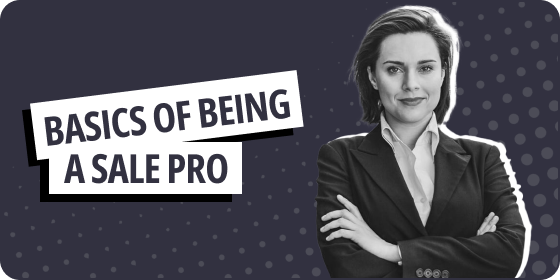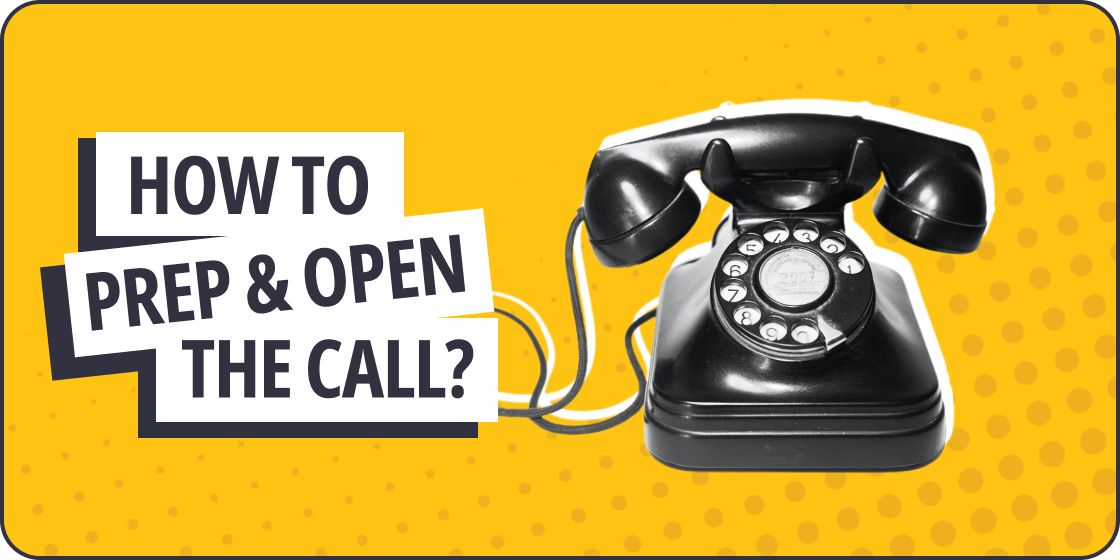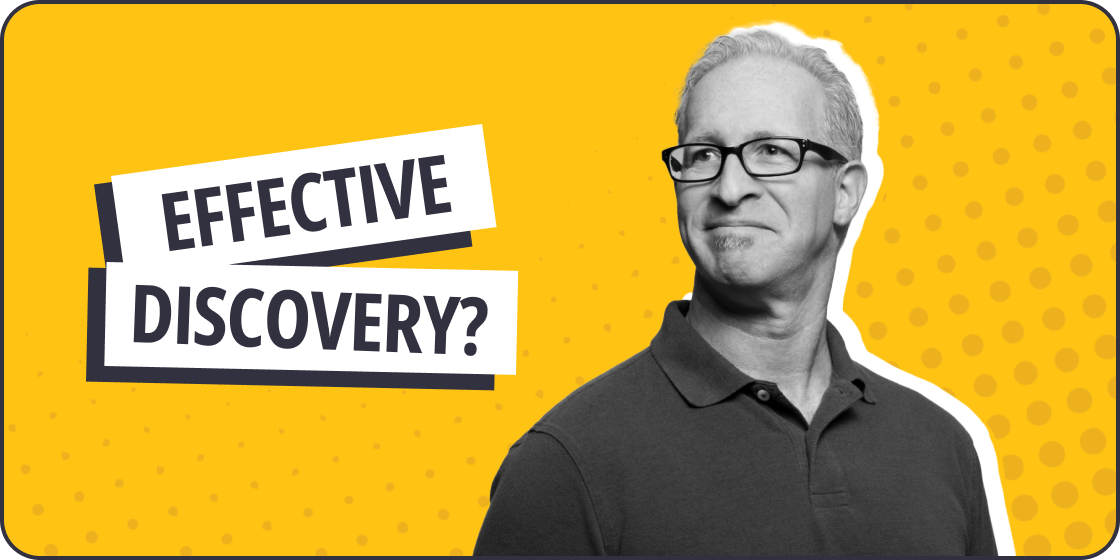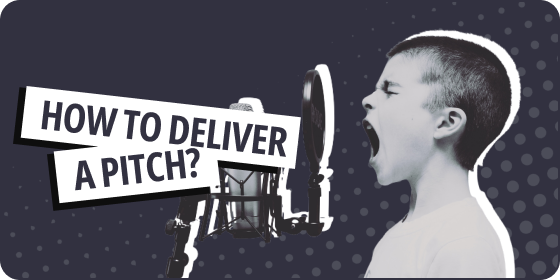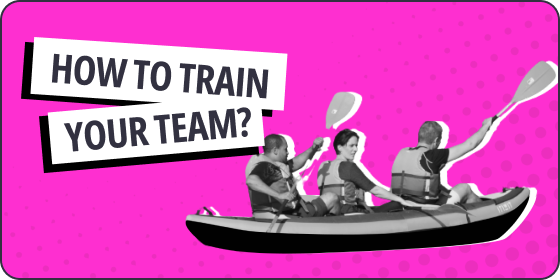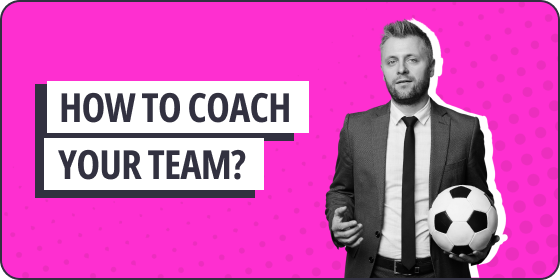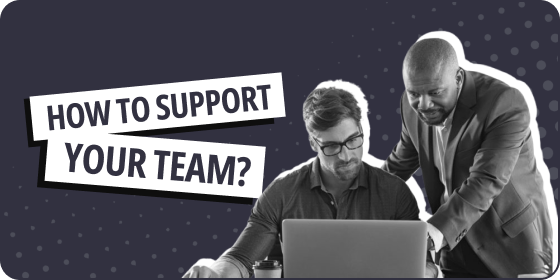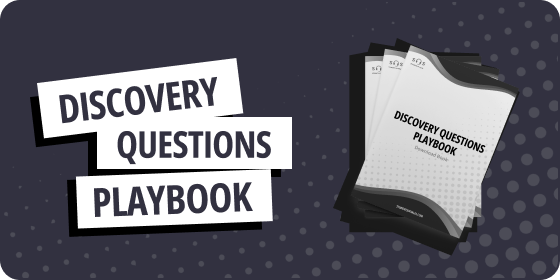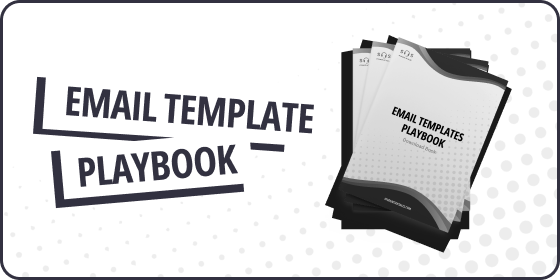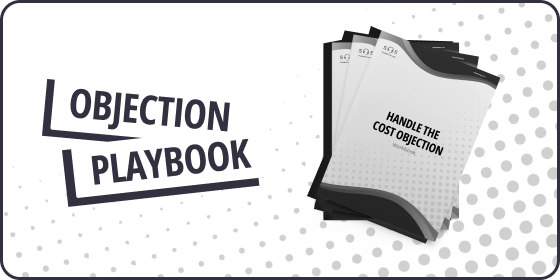How to run a great interview?

As we’ve mentioned before, there is no perfect science to running a great interview. That being said, there are 10 easy steps you can follow to ensure you give the candidate a good experience, you get the ability to assess if the candidate is a good fit for the role, as well as the candidate gets an opportunity to evaluate if this is a good fit for them.
Prep the resume
like a sales call, it starts with your prep. Before every interview, you should set aside 20-30 minutes to study their resume, their background and experience. This will give you a good opportunity to plan some specific questions for the candidate. When actually taking the time to do this, it gives you an opportunity to find some strengths or some gaps in their experience. When you do this, and you ask the candidate some unique questions, it also gives them comfort that you take the recruiting process very seriously, it’s also a great reflection on your business as they probably get asked lots of generic questions in other interviews. The biggest advantage to studying the resume prior to the interview is that it can often help paint a picture of the candidate before entering the room. It also gives you the opportunity to focus more on their soft skills and body language, as your head won’t be buried in their resume for most of the interview.
Know your core competencies
What are your businesses key core values or skillsets needed for the role? As you’ve seen in our ‘How to hire the right people’ podcast/blog, it’s essential that prior to advertising or interviewing for any role that you understand the profile of the candidate. What are the key characteristics/traits of the individuals for this role? Are they hard working? Are they coachable? Are they accountable? Whatever those core competencies are, stick to them! In the past, we’ve all taken a shot and hired someone outside of the core competencies, but the majority of the time you get mixed results at best. They key advice here is to identify the core competencies, and whatever happens, hire people based on whether they tick the boxes for these core competencies.
Have baseline questions
It’s important to mention here, we’re not suggesting you ask the same 40 questions in every single interview. That’s not a good idea. However, you need to design a set of 6-8 core questions to ask each candidate, that measures them up against the core competencies needed for the role. Doing this, it gives you an opportunity to achieve a baseline, or a benchmark in which candidates can be compared based on their answers. Designing these questions is arguably the most challenging part of the interview process. What questions can you ask to understand someone’s work ethic? What questions can you ask to test their coachability? What questions can you ask to evaluate how accountable they are as an individual? It’s tough to do, but once you know what these questions are, your interview in the room will be significantly more effective, and more measurable.
Why Sales?
This is one of the best open looped questions you can ask in the first few minutes of an interview. Whether you’re hiring a super green SDR, or an experienced AE, you can learn so much from the content of their answer, and how they deliver it. Did they trip and fall into sales? What was their original plan if not sales? What did they study at college and what were they hoping to do with that education? This is usually the first opportunity for the candidate to tell a story. It’s about themselves, but it’s a story, nonetheless. How did they communicate the story? What was their tone and body language? Did they make you laugh? Do you buy their story? There’s so much that can be understood from asking this question early on. It’s rare, but sometimes you meet some special people that have made a commitment to professional selling. These are the unicorns of the sales world and asking this question can help you find them.

Get into the weeds
We’re often given the advice of ‘staying out of the weeds’ in a sales call. In other words, don’t get caught up in something that isn’t really important, and doesn’t get you closer to the sale. Well, it’s actually the opposite for the interview. Get in the weeds! Love the weeds! Eat the weeds! What we mean here is to get under the surface of one of their answers and go down a rabbit hole with them. Test their knowledge on a subject. Generally, a great time to do this is if they have had a similar role in the past, you can ask them about their metrics. You can ask around their daily, weekly, monthly, and quarterly metrics. What were their metrics? What activities did they need to perform to hit those metrics? How did they perform against them? What were their strengths? Where did they struggle? Why did they struggle on that metric? How did they handle that situation? Metrics is just an example, but it doesn’t have to be that example. If you pick any meaty topic and take their surface level answer and ask them some deep and meaningful questions that will take you under the surface. This is an opportunity to put them to the test, but also keeping it conversational. It’s important the candidate feels like you are just very curious, rather than them feeling like they are being interrogated. There are huge benefits to seeing how the candidate answers these questions for obvious reasons, however, it’s important not to do too much of this as it can be off-putting. Keeping it to one section of the interview would generally be best practice.
Study the soft skills
Most interviewers and hiring managers miss this unique opportunity to study the candidate, and see how they sell! Yes, the candidate is selling themselves, but they are selling! They are selling their story, and whether they are a good fit for the role? How was their eye contact? How was their story telling? How passionate were they? How was their tone and body language? Are they a good fit for the core competencies of the role based on their soft skills? Yes, like in a sales call, you should be always planning your next question, but take the time to Stop. Pause. Take a beat. Study their soft skills and how they answer your questions, particularly the heavier hitting questions, this tells you a lot about their ability to handle themselves. Identify the 2-3 key questions in the interview, where you will make a point to study their soft skills.
Take it outside of work
Once you understand them professionally based on their answers so far, try move the line of questioning towards them as a person. You’re not asking to be their best friend, or ask them any sensitive personal questions, but it’s always a great idea to ask them some surface level questions about who they are as an individual. What are their hobbies? What does a normal weekend look like? Are they into sports? What does outside of work look like for you? Whilst there’s very few revelations from this line of questioning, but based on their answers it can sometimes reveal additional evidence on whether or not they are a good fit for your core competencies, as well as a small glimpse into learning if they may be a culture fit.

Walk them through the role
At this point in the interview, it should have been the candidate doing at least 70% of the talking, if not more! Therefor, it’s always a good idea at this point to say something like, “I’m going to open it up for your questions next, but just before I do that, I want to share with you as much as I possibly can about the role, the KPI’s, the business, the comp plan and the expectations”. At this point, share as much as you can, and be as transparent as possible. The mistake people make here is to go all in on selling how amazing the role and the business is. It’s ok to do a little selling, but do not oversell. We encourage you to share even the challenges inside the role or the business. It’s best to share them now, rather than the candidate join the business and feel like things have been misrepresented to them. It’s better to lose the candidate now, rather than losing them 3 weeks after they join the business.
Open up the conversation to their questions
Put the ball in their court. After you’ve shared as much as you can regarding the role, the business and the expectations, it’s crucial for the candidate to have at least 5-10 minutes for their questions towards the end of an interview. This gives them an opportunity to evaluate anything you haven’t covered that might be important to them. Whilst this part of the interview is for them, it’s also an opportunity for you to see what questions they ask. If they ask intelligent and meaningful questions regarding the role & it’s challenges that can be a positive sign. If they ask some not-so-great questions, it’s also a sign. It’s also a huge giveaway if they have prepared some questions on a notepad and pen that they bring to the interview. Don’t miss out on all these small signs.
Trust your gut
In all our years running interviews, there’s so much more to interviewing than trusting your gut, but the reality is, it still plays an important role. The candidate firstly must tick the right boxes from a core competency side of things, and they have to have presented themselves well in the interview. However, how did this candidate make you feel in the room? Would you buy from them? Would you recommend them to a friend? There’s a lot that your gut can tell you in the room, and after you have left the room, so listen to it.
Once you’ve taken the opportunity after the interview to study your notes, and deliberated with anyone else who was involved in the interview, it’s decision time. The rule of thumb in sales, is that if it’s not a ‘hell yes’, it’s a ‘hell no’. Do not try make a square peg fit in a round hole. Ultimately, it will come back to haunt you in a matter of time. The dream is always to be hiring the right candidates, and on track for your hiring/growth goals. However, it rarely works that way. It’s better to be slightly behind on your hiring goals, but you are sure you are hiring the right candidates.







